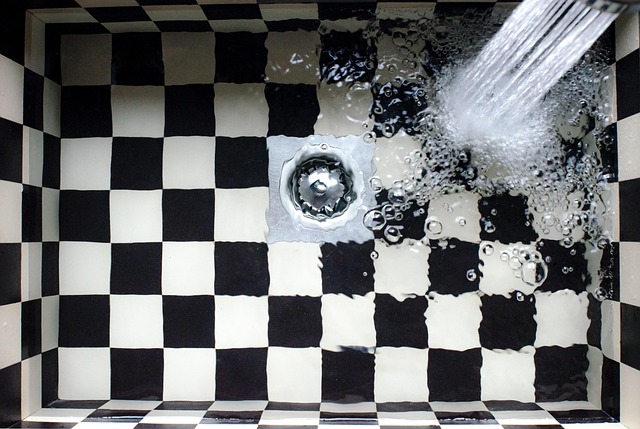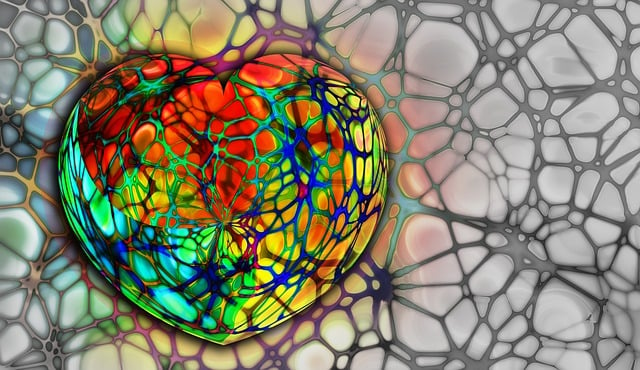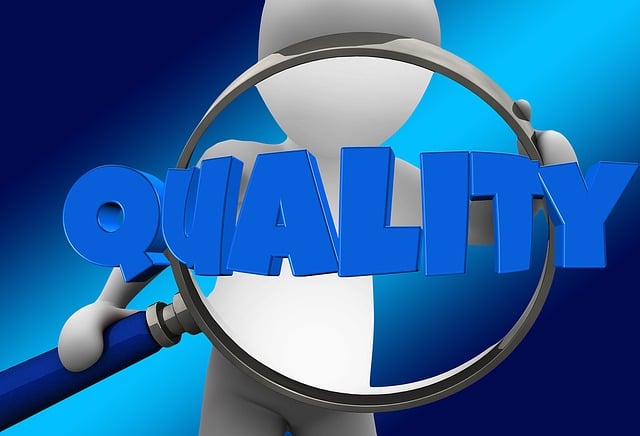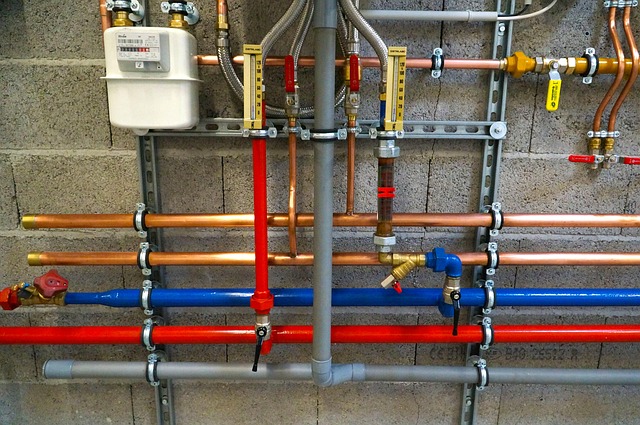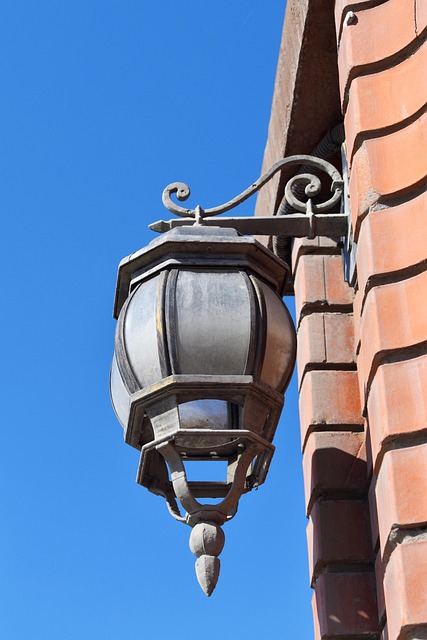Water softeners prevent leak prevention issues caused by hard water, extending plumbing lifespan and improving efficiency. Hard water leads to mineral deposits, reduced flow, and compromised appliances. Salt-based and salt-free systems offer solutions, with regular maintenance crucial for optimal performance. Proper installation, inspection, and timely component replacement secure effective leak protection, minimizing water damage and prolonging plumbing system life. Regular home assessments determine needs, with professional help recommended for complex issues.
In many homes, hard water is an often-overlooked issue that can lead to various problems. If you’re tired of spotty dishes, dry skin, and potential plumbing damage, it’s time to consider a water softener. This comprehensive guide will walk you through understanding water softeners, identifying hard water, and choosing the right system for your needs. We’ll explore installation, maintenance tips, and the surprising benefits beyond softer water, including enhanced leak prevention.
- Understanding Water Softeners: What They Do
- Identifying Hard Water: Signs and Effects
- Types of Water Softeners: Options Available
- Installation and Maintenance: Ensuring Efficiency
- Benefits Beyond Soft Water: Leak Prevention
- When to Call a Professional: Preventive Measures
Understanding Water Softeners: What They Do

Water softeners are devices designed to reduce the hardness of water by removing minerals like calcium and magnesium, commonly found in hard water. These minerals can cause various issues, leading to potential leak prevention problems over time. When left unchecked, hard water can build up in pipes, fixtures, and appliances, resulting in damage and inefficient operation.
By softening water, these systems not only extend the lifespan of plumbing and household appliances but also improve water-using processes. This is particularly beneficial for regions with naturally hard water, where regular use may lead to rapid wear and tear. Softened water is gentler on fabrics during washing, enhances soap lather, and ensures efficient heating and cooling systems, ultimately contributing to a more energy-efficient home.
Identifying Hard Water: Signs and Effects

Hard water is a common issue in many households, often going unnoticed until it causes problems. Identifying hard water is crucial for understanding whether a water softener is necessary. Several signs indicate the presence of hard water. One of the most visible is the formation of mineral deposits on faucets and showerheads. These deposits can build up over time, leading to reduced water flow and potentially causing leaks in plumbing systems.
Another effect of hard water is its impact on daily tasks like bathing and laundry. It can leave a film or residue on skin and hair, making personal care products less effective. In washing machines, hard water can reduce the efficiency of detergents, leading to less clean clothing. Understanding these signs is essential for recognizing the need for leak prevention measures, as hard water contributes to plumbing issues by fostering mineral buildup that can compromise the integrity of pipes and fixtures.
Types of Water Softeners: Options Available
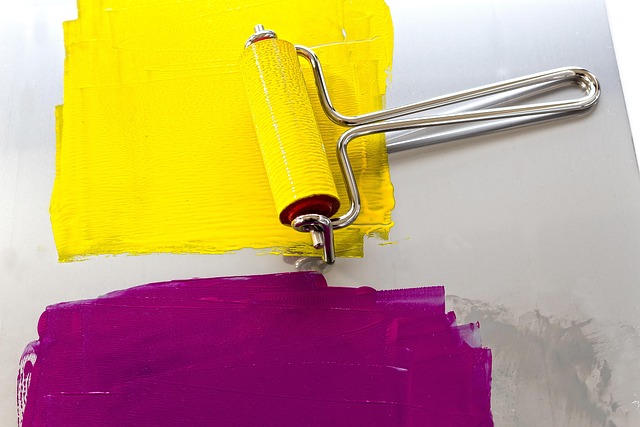
Water softeners are an effective solution for households dealing with hard water issues. There are several types available in the market, each offering unique benefits and features to cater to diverse needs. The two primary categories are salt-based and salt-free water softeners. Salt-based systems use sodium or potassium ions to replace magnesium and calcium minerals in hard water, effectively reducing its hardness. These systems require regular salt replenishment but are highly efficient at leak prevention by softening water consistently over time.
Salt-free water softeners, on the other hand, employ different technology such as reverse osmosis or ion exchange without using any chemicals. They are eco-friendly and ideal for those concerned about environmental impact and salt usage. While they may not be as powerful in reducing hard water symptoms immediately, these systems offer continuous leak prevention by maintaining softer water throughout the household plumbing system.
Installation and Maintenance: Ensuring Efficiency

Proper installation and regular maintenance are key to ensuring the efficiency of a water softener. Starting with installation, it’s crucial to follow manufacturer guidelines strictly. This includes connecting the system correctly to your water supply lines, ensuring proper drainage, and positioning the unit in an accessible area for future servicing. Regular maintenance involves tasks like resetting timers, cleaning filters, and checking for any signs of damage or leaks. Preventing leaks is vital not only for the functionality of the softener but also for avoiding water damage in your home.
Inspecting connections, replacing worn-out components, and staying vigilant for unusual noises or changes in water pressure are all part of maintaining a water softener’s peak performance. Regular attention to these details can extend the lifespan of your softener and maintain its ability to effectively reduce water hardness, thereby enhancing your household’s overall experience with clean, soft water.
Benefits Beyond Soft Water: Leak Prevention

Water softeners aren’t just about achieving that ideal level of softness in your water; they play a significant role in preventing leaks, too. Hard water can contribute to pipe corrosion and buildup over time, leading to potential water damage and costly repairs. By softening your water, you reduce these risks.
Regularly maintaining a water softener ensures that mineral deposits don’t accumulate on pipes, appliances, and fixtures, which can cause them to leak or malfunction. This proactive measure not only saves you from unexpected plumbing disasters but also extends the lifespan of your home’s water system, ultimately proving to be a wise investment for any homeowner.
When to Call a Professional: Preventive Measures
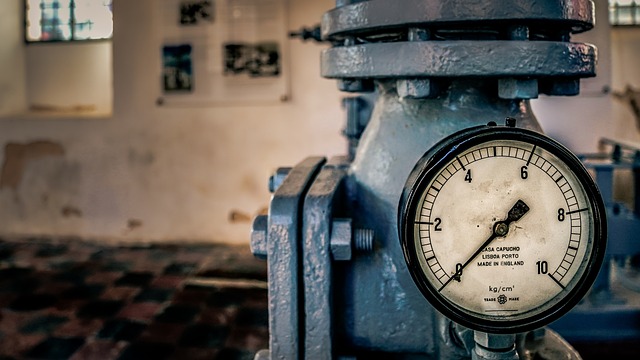
If you’ve noticed hard water issues in your home, such as spotty surfaces or reduced soap lather, it might be time to consider a water softener. However, before making this decision, it’s essential to evaluate whether professional intervention is necessary. Many homeowners can address basic water softening needs through at-home treatment methods or simple adjustments like installing low-flow aerators and taking shorter showers.
Regular maintenance, such as checking for leaks in pipes and appliances that use water, is a crucial preventive measure. Addressing leaks promptly not only saves on utility bills but also prevents potential water damage to your home’s structure. If you suspect complex plumbing issues or cannot resolve hard water problems through DIY methods, it’s best to call a professional. They can offer tailored solutions, including advanced water softening systems, and ensure effective leak prevention for your home’s long-term protection.


